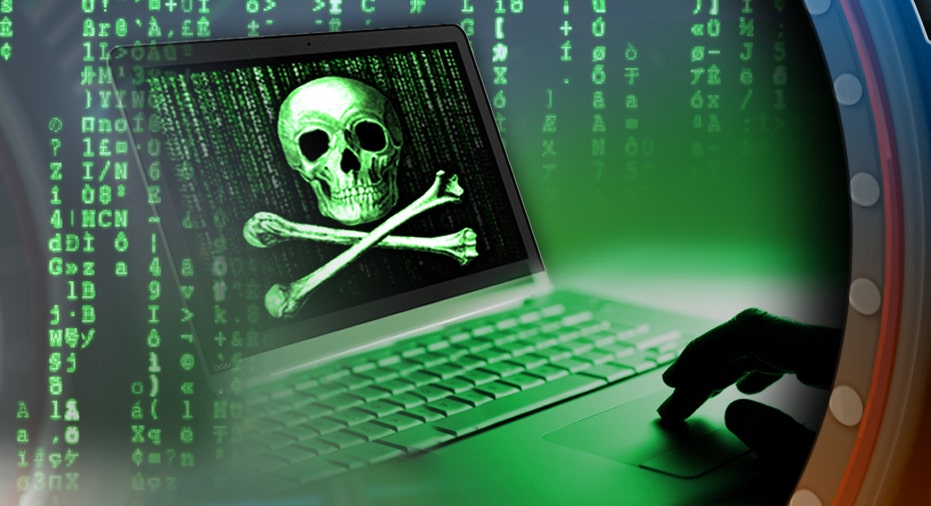Protecting Yourself Against Future Cyber Security Threats

Hold onto your wallet – and your personal information. High profile data breaches at companies like Sony (NYSE:SNE), Anthem (NYSE:ANTM) and Ashley Madison, and the Office of Personnel Management (OPM) may be just the tip of the iceberg. Experts say cyberattacks will continue to increase this year and beyond – as businesses struggle to protect themselves from data breaches and criminals become increasingly successful in targeting and stealing our sensitive information.
“Data is the new oil,” says Ed Cabrera, Trend Micro V.P. of Cybersecurity Strategy. “It’s the preferred commodity of the deep web underground economy and has been for over a decade with no signs of easing.”
Erik Knight, CEO of SimpleWan (a cloud-based monitored firewall company) says the average business is unaware they are being hit with more than 10,000 attempted intrusions a day; potentially putting consumer data at risk.
While studies show Americans are concerned about cyber security, we’re making some big mistakes when it comes to protecting our personal information. Choosing a weak password, clicking on suspicious emails, disclosing too much information on social media and using public Wi-Fi to conduct secure transactions – these are among the actions that can make us vulnerable to hackers. Javelin Strategy & Research's 2015 Identity Fraud Report found that two in three people affected by data breaches become identity theft victims.
As the Internet of Things (IOT) becomes more popular, experts say IOT could be one of the next big targets for cyber criminals and your personal data. From baby monitors, to home security systems and televisions - anything that connects to your Wi-Fi network is a potential gateway for a hacker. Websense advises consumers to buy devices with security built-in.
And Yuri Frayman and Einaras Gravrock are taking on cyber thieves with CUJO – a smart device they say guards your home devices from hacks. “It takes [only] 20 minutes before criminals attempt to hack your newly connected devices,” says co-founder Yuri Frayman. “More often than not, they will succeed.”
In addition, mobile payments represent a new and unexplored opportunity for thieves. Eighty-seven percent of cybersecurity experts surveyed by ISACA (Information Systems Audit and Control Association)say they expect an increase in mobile payment data breaches over the next 12 months. Two-factor authentication is one way to protect yourself when using your mobile device. Not only are you required to enter your user name and password, but also another piece of identifying information. This could be a pin code or a finger print, as found on newer models of Apple’s (NASDAQ:AAPL) iPhones, iPads and other digital devices.
But don’t be fooled. Even with numerous protections in place, there’s always the possibility you can become a victim. Experts say the question isn’t if a company will be hit by a cyberattack, but when – so consumers need to force companies into action with their dollars. “Companies themselves don't value your data as much as you do, so it is up to you to protect your own data,” says Ken Stasiak, CEO of management consulting firm SecureState. “So until consumers can find a way to exert pressure on these companies to improve, breaches are a common fact of life that just has to be accepted.”



















